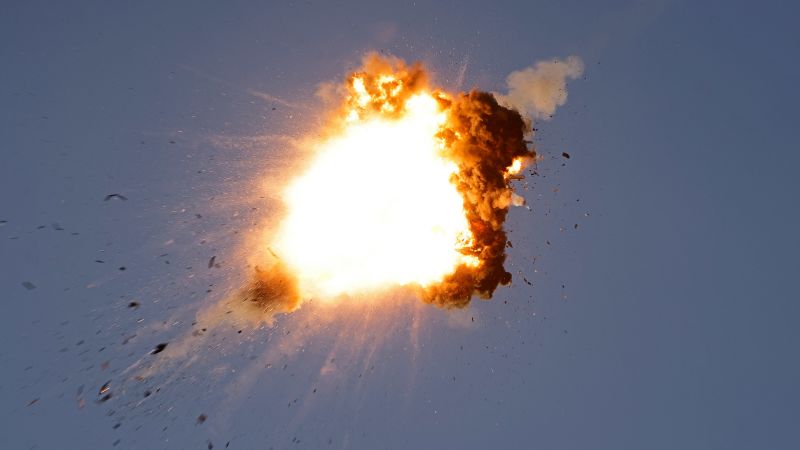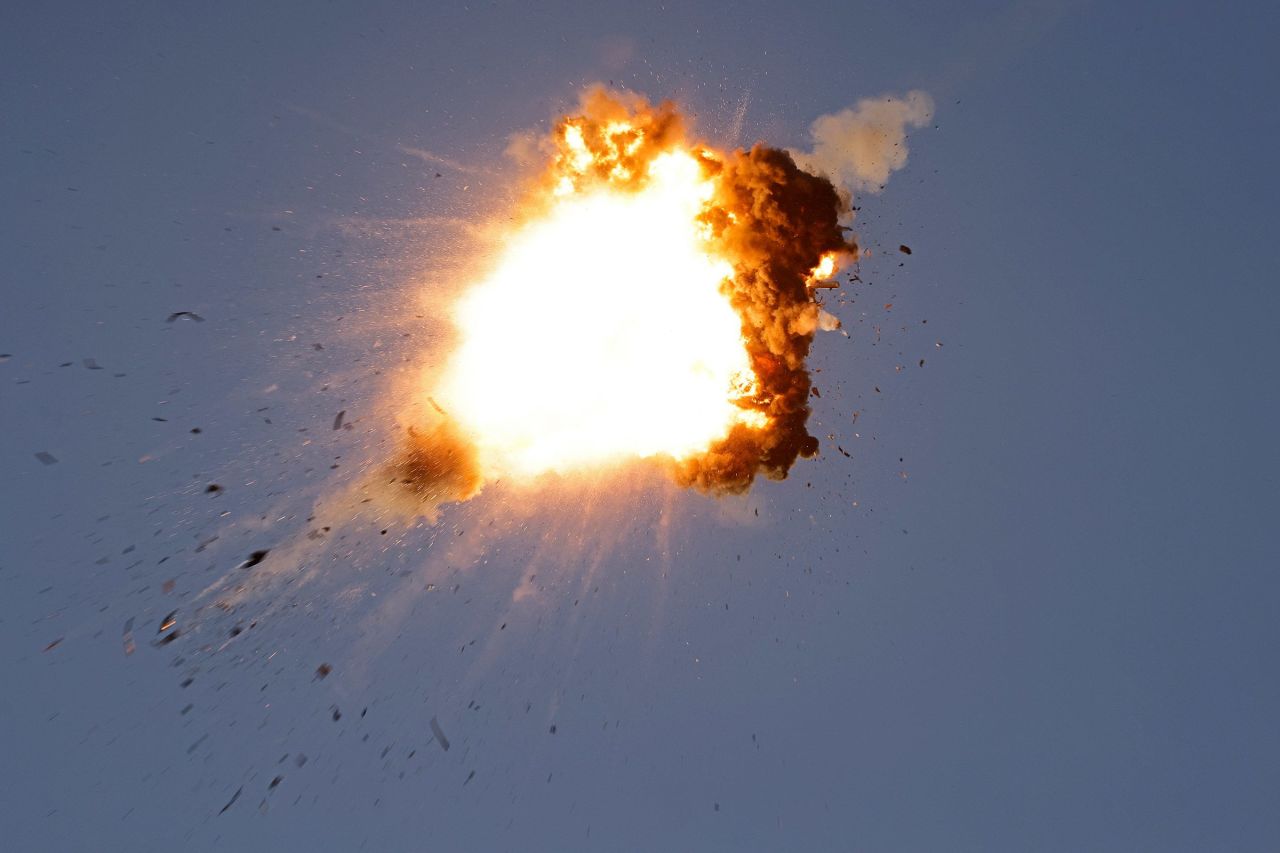

Hezbollah’s latest attack on Israel is over, but more strikes are likely in the future, the group’s leader, Hassan Nasrallah, said in a televised address on Sunday evening.
Hezbollah launched its offensive in retaliation for Israel’s assassination of its senior military officer Fuad Shukr in late July.
Nasrallah said the militant group delayed its response until Sunday to allow “sufficient opportunity” for Gaza ceasefire talks to take place, impose more “psychological and financial stress” on Israel and ensure the success of the attack.
Details of the attack: Nasrallah said Hezbollah’s plan was to launch 300 Soviet-era Katyusha rockets to engage Israel’s defense systems.
According to the Hezbollah leader, militants were instructed to target military infrastructure and avoid civilians. The two main targets were Israel’s Killot military base and Ein Shemer airfield, he said.
During a flurry of rockets, Hezbollah launched drones at targets in central Israel, but Israel said its defenses were able to knock the drones out of the air.
Nasrallah said Hezbollah would assess the results of the attack before deciding whether to launch further attacks.
Israeli Attacks in Lebanon: The Hezbollah leader said Israel launched the attack about 30 minutes before Hezbollah’s operation began. The Israeli military deemed the attack “premeditated” and said it had destroyed rocket launchers used to attack Israel.
The militant group’s leader praised the “patience and courage” of people living in southern Lebanon, which has withstood the brunt of Israel’s strikes.
Israel says: Israeli Prime Minister Benjamin Netanyahu also indicated that there should be no fighting on Sunday. “This is not the end of the matter,” he said in a video message.
Despite the rhetoric of the two leaders, each appears to have backed away from the brink of a wider regional war for now.





